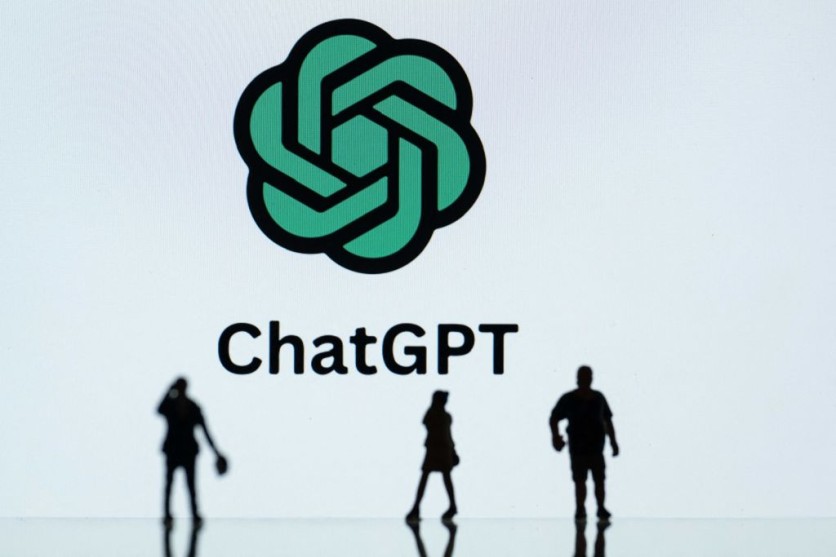OpenAI faces a setback in trademark registration for 'GPT'. The US Patent and Trademark Office (PTO) rejects OpenAI's application to trademark the term 'GPT', short for generative pre-trained transformer, citing its broad and generic nature.

A study warns that AI tools such as ChatGPT could potentially be exploited for malicious purposes.
Rejecting Application to Trademark
Since introducing its ChatGPT chatbot in November 2022, OpenAI has been engaged in efforts to safeguard the acronym "GPT" from unauthorized use by other entities, marking the onset of an AI competition worldwide.
However, the U.S. Patent and Trademark Office has once again rejected OpenAI's request this month. In a recent final ruling, issued discreetly last week, the USPTO disclosed its refusal to grant OpenAI a trademark for "GPT," citing the acronym's descriptive nature.
The Verge reported that the term "GPT" stands for "generative pre-trained transformer," denoting a suite of neural network models capable of producing text and images akin to human creation.
For months, OpenAI had been contesting the federal agency's stance on the descriptiveness of "GPT," asserting in November that the average consumer would not readily recognize "GPT" as an abbreviation for "generative pre-trained transformer."
OpenAI's legal representatives argued that the phrase "generative pre-trained transformer" is highly technical and unlikely to be familiar to the general public. They contended that if random individuals were asked about the meaning of "GPT" on the street, few would promptly associate it with the specified terminology.
Standing By Its Decision
However, the USPTO remained unconvinced. In its decision issued in February, Gizmodo reported that the agency emphasized that many consumers had indeed come to associate "GPT" with specific products and technology.
The USPTO justified its decision to deny OpenAI's request, emphasizing the importance of preserving competition in the industry and preventing the company from initiating costly trademark infringement lawsuits.
The agency affirmed that businesses and competitors should have the freedom to utilize descriptive language when communicating with the public through advertising and marketing materials.
This marks the second instance where the agency has rejected OpenAI's attempt to trademark "GPT," following a previous denial in May 2023. Although this setback has occurred, it does not signify the conclusion of the matter.
OpenAI retains the option to request a reconsideration of the decision from the USPTO or lodge an appeal with the Trademark Trial and Appeal Board. However, the company's intentions regarding these actions remain uncertain at present.
USPTO's latest guidance clarifies that while AI systems can't be listed as inventors, individuals utilizing AI tools in the inventive process must disclose such use. The directive, following public consultation, confirms that AI involvement doesn't grant inventor status.
Applicants must reveal AI participation, but inventorship requires a substantial contribution to the invention's conception. Merely instructing AI or accepting its output doesn't qualify for inventorship.
While the guidance acknowledges the potential for AI to assist in the inventive process, it emphasizes that true inventorship hinges on meaningful human involvement and contribution.
This distinction serves to maintain the integrity of the patent system while recognizing the evolving role of AI in innovation.
Related Article : Patent Office Clarifies AI Inventorship Rules for Patent Filings

ⓒ 2025 TECHTIMES.com All rights reserved. Do not reproduce without permission.



